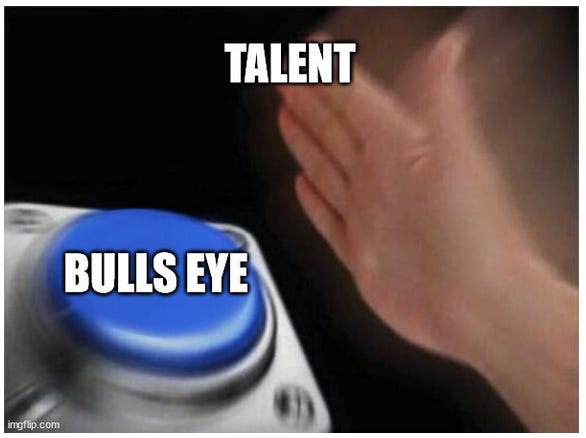This is a 3 part essay. I’ll be sending them back to back for 3 days in a row, starting today. This essay mini-series is called Belief Arbitrage and has 3 short parts in it.
In my teenage years, I first understood that the kind of family you’re born into gives you access to certain kinds of wealth e.g. money, network, habits/knowledge and social capital to do things you want.
Most people in my peer group and even among the adults I could speak to, used these resources to make their own life materially more comfortable.
This is precisely what I wanted: material comforts, but unfortunately, I couldn’t die and pick a family to be born again in. So I kept looking for other means and ways in which I could make it work for me.
So I went hunting. I read a few biographies, centered across genres but mostly dead people viewed from specific lenses of entrepreneurship, learning, politics and the like. I also actively sought out and spoke to people in their 30s and 40s in careers similar to mine.
I realised that sheer raw talent and finding a way to apply those talents is also a unique form of arbitrage. It makes people blissful in what we’d now popularly call flow state. The happiest people I met were craftsmen and had high mastery. They also had a reasonable degree of autonomy over their own shape of the day.
I was also in my early 20s by this and realized that I wanted to optimize for more control of my day and mental energy, and was more than happy to trade off some x% wealth over this.
“Eureka!”, I finally thought to myself. I’d at last found a way, a strategy - if not a playbook which might work for me.
The plan was arguably incredibly simple and had only 2 parts:
be good at a specific craft, which is in demand (Machine Learning for me)
be good
implies that you need to be at least in the top 2000 people in your age group for that craft
in demand
implies that there should be at least 10K people in that craft already across the globe and different skill levels and a mechanism for them to move out i.e. retirement, outdated, or similar
people who matter should know that you’re a skilled craftsman
my work is recommended by the likes of Andrew Ng, Paul Romer and a NLP book which has sold over 1K copies
I think it’d be fair that I executed this strategy of sorts to the best of my then-ability.
In hindsight, I could’ve definitely done 5-10x more but we’ll leave regrets/lessons for a separate essay to retain the cheery narrative nature of this first person essay.
If there is something you want to take away from this essay, it is this: Talent is a valid form of advantage, but not everyone can monetize/utilize this well.
There is another catalyst which you’ll need to do so, and I’ll write about that tomorrow. Subscribe to get tomorrow’s essay in your inbox directly.
Share with friends?



